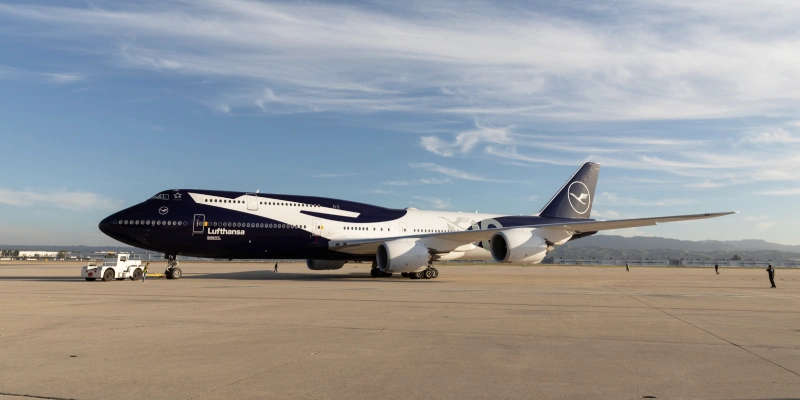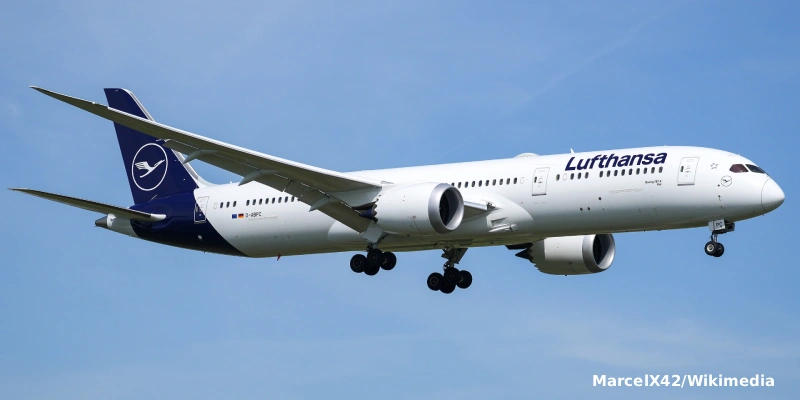Argentina’s state airline, Aerolineas Argentinas, is slimming down for a potential sale, shedding 13% of its staff, cutting money-losing domestic routes and even removing snacks formerly available to passengers, according to sources and documents seen by Reuters.
The cutbacks, many of whose details were previously unreported, are part of a backdoor attempt to trim the airline’s burden on the state and lure private investment. The drive is progressing, even though libertarian President Javier Milei’s plans to privatize the firm have generated pushback.
Reuters spoke to 10 company executives, officials, pilots, airline workers and union members, and saw a memo on the plans to streamline the airline for sale.
The drive brought in blockbuster operating results for Aerolineas in 2024, a senior company source said ahead of the airline’s release of full-year results next week. Part of that reflects the double-digit reduction in staff targeted in the earlier document.
→ LATAM Group and Aerolineas Argentinas announce codeshare agreements
“Our job is to get (Aerolineas) in order,” the senior source said, adding that the carrier aimed to operate more like its private counterparts.
“That way, when the time comes and the government enables its sale, the company is more attractive.”
In July, Aerolineas turned a profit for the first time in seven years, data shared with Reuters showed.
Milei took office in late 2023, pledging to shake up Argentina’s subsidy-heavy economy with “chainsaw” cuts.
He has faced pushback in Congress from privatizing Aerolineas outright, but is determined to push his plans through. His government has threatened to close the airline if it cannot be privatized.
“Either it is shut, to cut the deficit, or it is privatized, but it will not remain in the hands of the government,” Milei told local radio in November.
The administration claims the airline has depleted government coffers by $8 billion since 2008 when it was put back in the hands of the state after a previous privatization in the early 1990s under then-President Carlos Menem.
Related Topics
Lufthansa’s “Jumbo” Joins Celebration: Boeing 747-8 Debuts Special 100th Anniversary Livery
Binter Expands Summer Connectivity: Route Expansion in Spain and Portugal
Lufthansa Strengthens Southeast Asian Presence with Direct Flights to Kuala Lumpur
IATA Slams AENA’s “Outrageous” Statements on Safety and Airport Charges

Plataforma Informativa de Aviación Comercial con 13 años de trayectoria.




